UNDERSTANDING DEEDS
IN ARIZONA
Navigating the world of property ownership and transfer can be intricate. Deeds play a pivotal role in this process, ensuring clarity and legality. At Obsidian Ridge Law, we're here to guide you through every step, ensuring your assets and interests are protected with the expertise of a deed attorney in Arizona.
WHAT IS A DEED?
A deed is a legal document that signifies the ownership of real estate. It transfers the rights, title, and interests of a property from one party (the grantor) to another (the grantee). Deeds are essential in estate planning as they determine the legal owner of an asset and can be instrumental in ensuring your property is passed on according to your wishes.
WHY HIRE A DEED ATTORNEY IN ARIZONA?
Arizona's property laws come with their unique nuances. By engaging a deed attorney:
You ensure all property transfers adhere to Arizona’s specific regulations
You receive expert advice on the best type of deed for your situation, whether it’s a warranty deed, quitclaim deed, or another type
You can rest easy knowing that potential disputes or challenges to property ownership will be minimized
You benefit from a seamless integration of deed planning with other estate planning tools
FREQUENTLY ASKED QUESTIONS
WHAT ARE THE DIFFERENT TYPES OF DEEDS?
There are several types of deeds, each serving a specific purpose. The most common ones include:
Warranty Deed: Guarantees that the grantor has clear title to the property and has the right to transfer it. It offers the most protection to the grantee
Quitclaim Deed: Transfers any ownership interest the grantor might have in the property but makes no guarantees about the extent of the grantor’s interest
Special Warranty Deed: Guarantees that the grantor hasn’t encumbered the property in any way during their ownership but makes no guarantees about previous owners
Beneficiary Deed: Transfers ownership interest upon the death of the owner, bypassing probate.
CAN A DEED BE CHANGED OR CORRECTED AFTER IT’S BEEN RECORDED?
If there are errors or omissions in a recorded deed, a corrective deed can be executed to amend the mistakes. Both the grantor and grantee typically sign the corrective deed, which then needs to be recorded to replace the original deed.
HOW DOES A DEED DIFFER FROM A TITLE?
While both relate to the ownership of property, a deed is a physical document representing the transfer of property rights, whereas a title is a conceptual term that refers to the legal ownership rights themselves. In essence, a deed is the vehicle used to transfer the title from one person to another.
IS IT NECESSARY TO RECORD A DEED?
While it's not always mandatory to record a deed, it's highly recommended. Recording a deed with the appropriate county or local government office provides public notice of the property transfer and protects the new owner's rights against any subsequent claims to the property.
WHAT HAPPENS IF A PROPERTY OWNER DIES WITHOUT TRANSFERRING THE DEED TO SOMEONE ELSE?
If there's no guardianship planning in place, and a situation arises where it's needed, the court will appoint a guardian. This might not always align with the wishes or best interests of the individual or their family. It's always recommended to have a plan in place to ensure that your loved ones are cared for by someone you trust.

YOUR PROPERTY REPRESENTS MORE THAN JUST LAND OR BRICKS; IT’S A LEGACY
Book a consultation with Obsidian Ridge Law, your trusted deed lawyer in Arizona, today to ensure your assets are protected and passed on as you desire.


